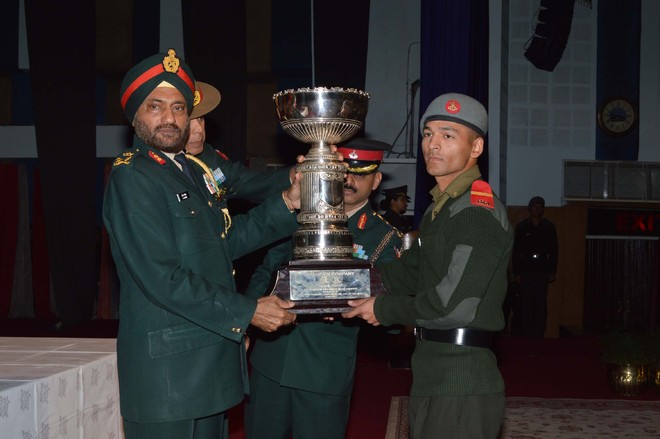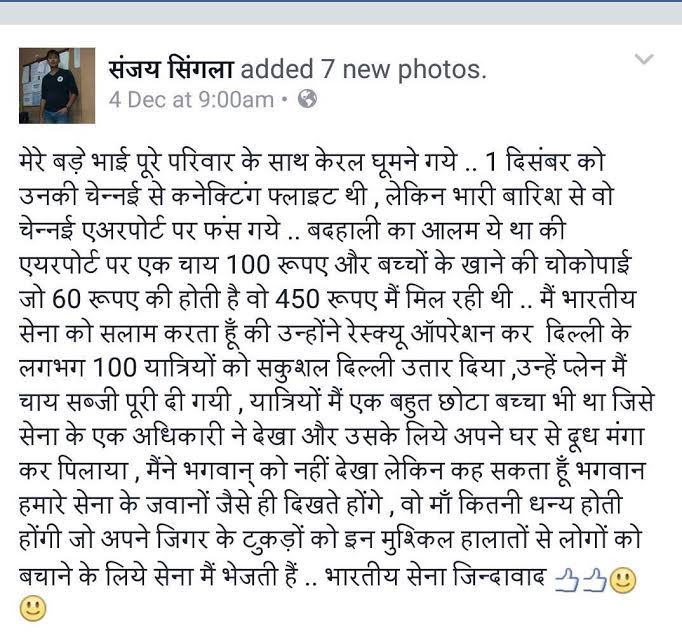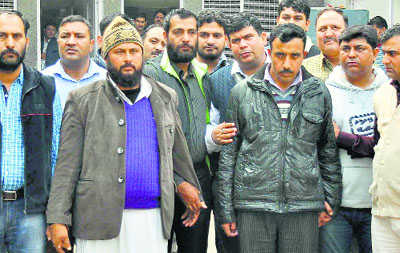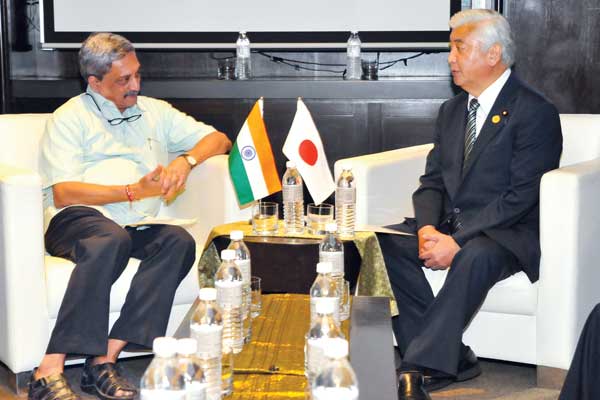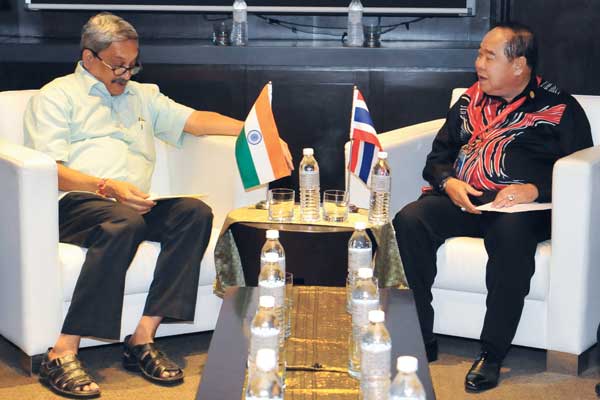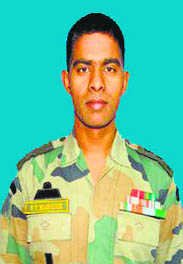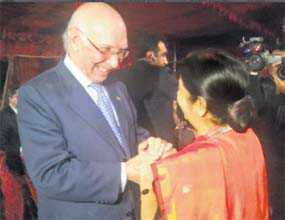
PRIME Minister Narendra Modi’s approach to relations with Pakistan has been one of trial and error — more error than trial, it would seem. After a spectacular start by inviting his Pakistani counterpart Nawaz Sharif to his swearing-in, it has been a downhill journey punctuated by the Ufa meeting on the sidelines of a conference which led to a stalemate.Mr Modi bears the primary responsibility because he called off the two countries’ August discourse at the last minute by imposing a new pre-condition. He has now learned the hard way that not talking to Pakistan is not a viable option and he had to row back by utilising the Paris climate change meeting to buttonhole Mr Sharif to revive talks.So now we are to have a “comprehensive” dialogue, instead of a “composite” one of the Congress variety. So far so good. What then does the future hold for the impending exercise, to be defined by the foreign secretaries? The fact that the two countries’ national advisers meeting was held in Bangkok away from media glare implies that Mr Modi has learned his first lesson in Indo-Pakistani diplomacy. It is that it is a long hard drill that yields results intermittently, one problem at a time, and is not susceptible to dramatic outcomes.Now that the Modi government has reinvented the wheel by promising to hold “comprehensive” talks on terror and Kashmir among other subjects, where will it lead us? The Bharatiya Janata Party has its own constituency fed on anti-Pakistan rhetoric to cope with. But beyond camouflaging the new line by clever word play, the new men and women in power will find that the problems are both endemic and overlaid with the bloody history of the subcontinent’s Partition. Neither India nor Pakistan (or now Bangladesh) can get away from the manner in which independence came to the two countries.It was no coincidence that the nearest the two countries came to an agreement was during the reign of Gen Pervez Musharraf in Pakistan by liberally using the official and deniable route of empowered emissaries to throw up ideas and digest them. The assumption was, and remains valid, that only in a secret environment can the two sides’ representatives throw up new ideas and digest them yielding innovative routes to an acceptable compromise.It needs hardly stressing that for Pakistan the Kashmir issue is central to the relationship. The essential compromise mooted was to have open borders between the two Kashmirs while leaving the border lines unchanged. But New Delhi must realise that Pakistanis have been fed a propaganda line since the Partition and the new Indian effort in indoctrination gathered speed after the coming to power of Mr Modi.For India, the Pakistani-inspired and directed massacre in Mumbai is an open sore which cannot be cured until Islamabad can bring the guilty to book. The Pakistani attempt to equate Mumbai with the killings of Pakistanis on the Samjhauta Express simply does not wash. Some reports on the talks Foreign Minister Sushma Swaraj held in Pakistan suggest that her hosts are conscious of Indian feelings on this score.The logic of Indo-Pakistani relations is that it swings from the sentimentality of a dying out pre-Partition generation and the realpolitik of hard-headed men on both sides seeking to get the better of the other. Simply put, India for Pakistan is its enemy number one while most Indians see Pakistan as an adversary, although with the Bharatiya Janata Party now in power, the perception of Islamabad could harden.The problem cannot be resolved by the two countries’ peoples coming together and meeting more often. At the personal level, they are the best of friends when they meet. It is at two other levels: the policy-making elites on either side and for Pakistanis the historical wrongs they believe were done to them, which they unsuccessfully sought to wrest through military force. This frustration has led to Pakistani efforts to keep Kashmir simmering through sending militants across the border and taking the guerrilla pinpricks across the country.In dealing with Pakistan, Mr Modi will have to reinvent himself up to a point for the simple reason that the relationship is overlaid with so much emotion and angst that even the simplest problem takes on unusual overtones. We must remember that for decades the Pakistani leaders have framed their polical and security policies with the single objective of checkmating India until settling on China as its main guardian angel.In India’s worldview, Pakistan represents one of its two often hostile neighbours. Nepal cannot be more than a passing problem, despite the prevailing sneezes, and after coming to power of the present dispensation in Bangladesh, it is a friendly neighbour.China represents a problem of another dimension since it is being accepted as a virtual superpower. A rapprochement with Beijing will take time because many factors, some extraneous to the two countries’ bilateral equation, are involved, including the state of the Sino-US relations.The imperatives of seeking friendship with Pakistan are obvious. We are in essence the same people and remain deeply connected with each other through geography and many other associations. A thaw in relations between the two countries can only benefit both sides, particularly at a time when terrorism is threatening the entire world, with Pakistan-sponsored terrorism in India a mere side show.It is just as well that Prime Minister Narendra Modi has reversed course in picking up the threads again in connecting with Pakistan. Engagement between the two countries is proverbially hazardous and susceptible to rupture in the face of hostile winds that blow across the subcontinent fiercely.For Mr Modi there is the domestic problem of keeping his Sangh Parivar flock in line. He therefore must resist the temptation of overplaying his hand. Mr Sharif faces an even more difficult problem of subduing the hardliners fed on decades of India-hating jargon while keeping the army on his side. He seems to have struck the happy compromise of getting a retired general to act as his new national security adviser.






















































